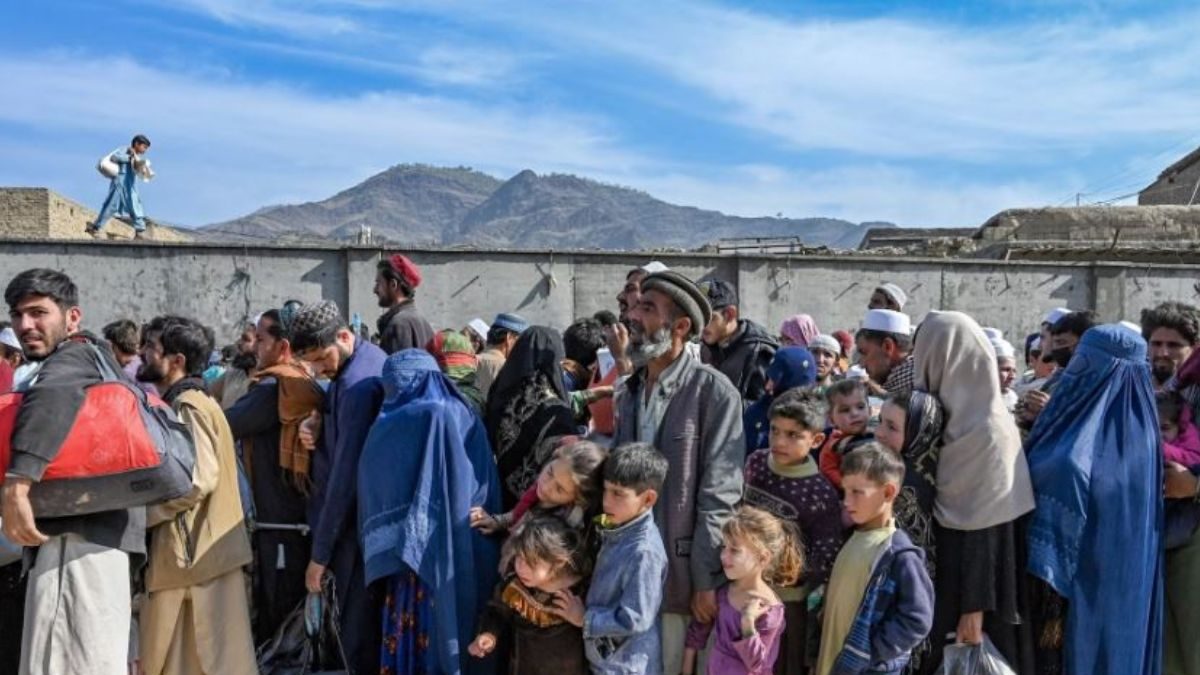Pakistan has suspended its “Illegal Foreigners Repatriation Plan”, according to a statement from the United Nations High Commissioner for Refugees (UNHCR) following a meeting between Pakistan’s Prime Minister and UN High Commissioner for Refugees, Filippo Grandi, in Islamabad.
Grandi expressed appreciation for the suspension of the process and sought assurances that it would remain on hold.
The Afghan Embassy in Islamabad quoted Grandi as saying that the forced deportation of Afghan refugees by Pakistan was largely political. According to an official statement from the Afghan Embassy, Grandi assured Acting Afghan Ambassador Muhammad Shakib that he had discussed the issue with Pakistani authorities, resulting in a further delay of forced deportations.
Grandi proposed a trilateral meeting between Afghanistan, Pakistan, and UNHCR to unify refugee cards and ensure they are valid, protecting refugees’ rights and preventing their political exploitation.
During his three-day visit to Pakistan, Grandi emphasized the need for a timely extension of Proof of Registration cards, a crucial identity document held by over 1.3 million Afghan refugees. He praised Pakistan in hosting Afghan refugees for 45 years while acknowledging the challenges faced by the country.
Afghan refugees
The High Commissioner called for an urgent reset of the aid model, focusing on solutions and responsibility sharing. He proposed developing new partnerships and innovative approaches to address the protracted displacement situation.
Grandi offered to facilitate a dialogue later this year, bringing together key stakeholders to develop solutions benefiting both the Afghan population in Pakistan and the host country. He also committed to intensifying efforts to create conducive conditions for returns to Afghanistan, including improving material conditions, access to services, job opportunities, and rights.
Pakistan unleashed a brutal crackdown last November on all foreigners illegally staying in the country, citing a rise in attacks and attributing them to Afghan people residing among the refugee populations. The move has targeted more than 1 million Afghan migrants and asylum-seekers who lack legal documents or valid visas.
Reportedly, over 600,000 Afghans have been repatriated to their homeland since the deportation campaign started.
According to the latest UN figures, approximately 1.3 million Afghans are registered refugees in Pakistan, with another 880,000 having legal status to stay. Pakistani officials claim that around 700,000 Afghans seeking asylum have entered Pakistan since the Taliban takeover in August 2021, with only 75,000 moving on to other countries.

